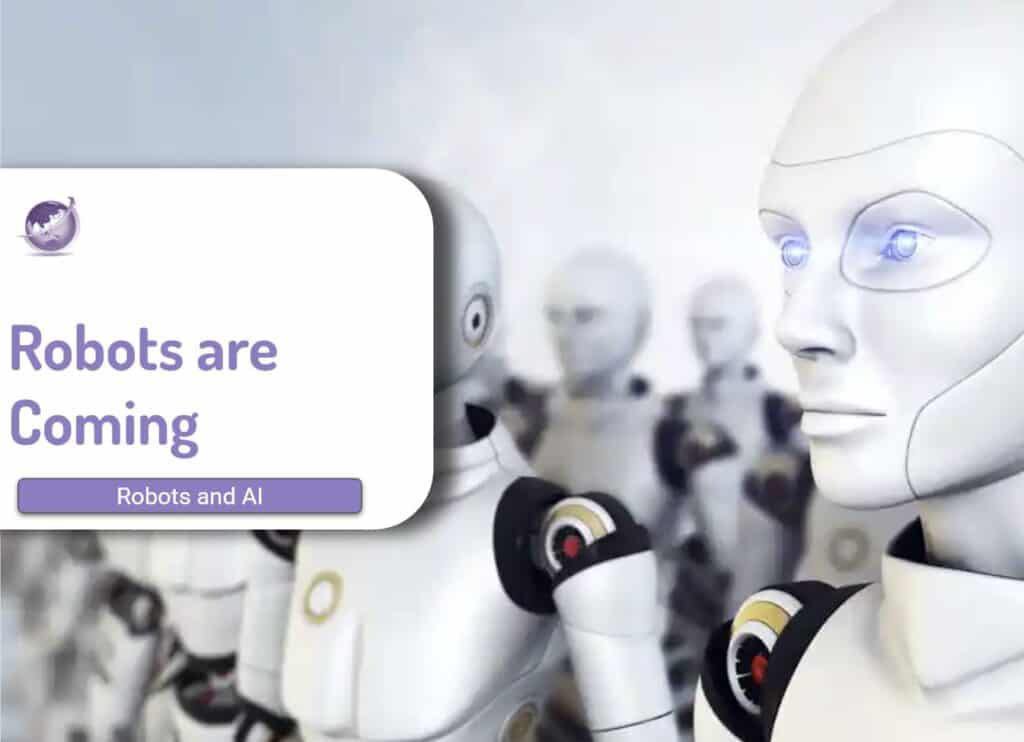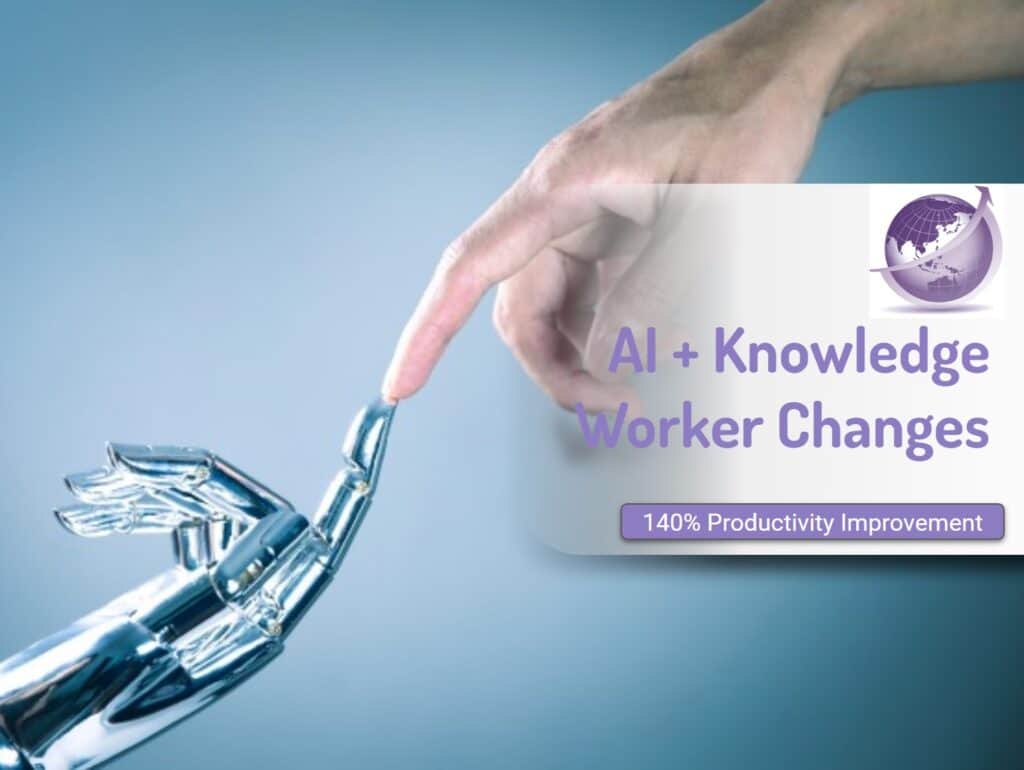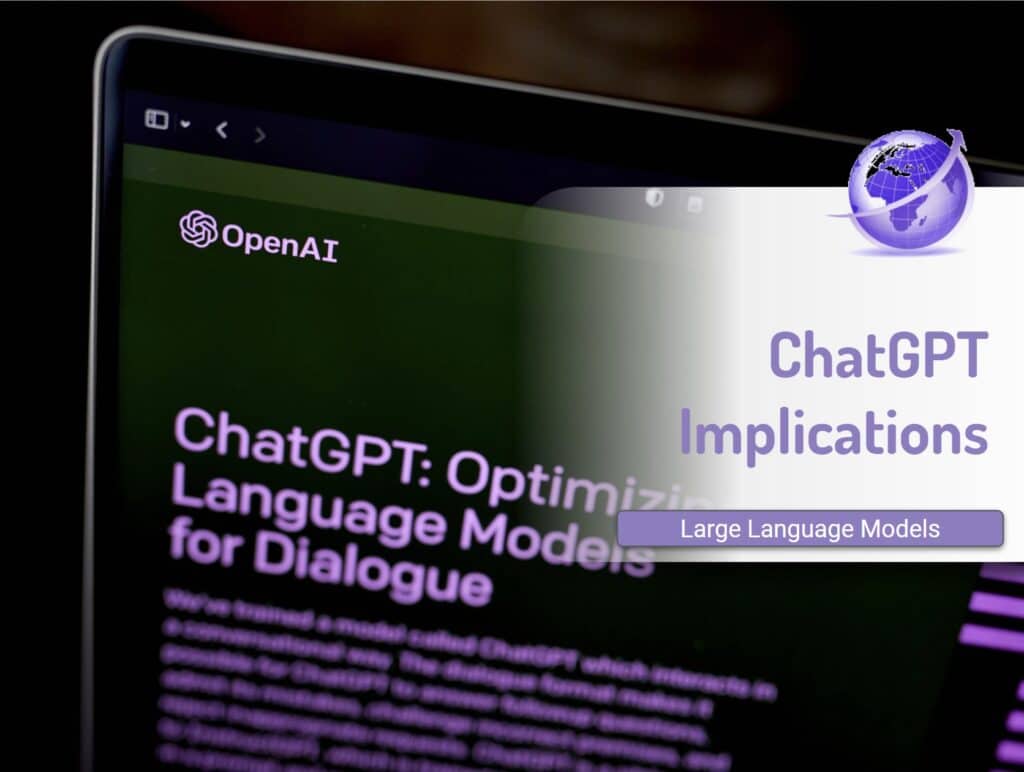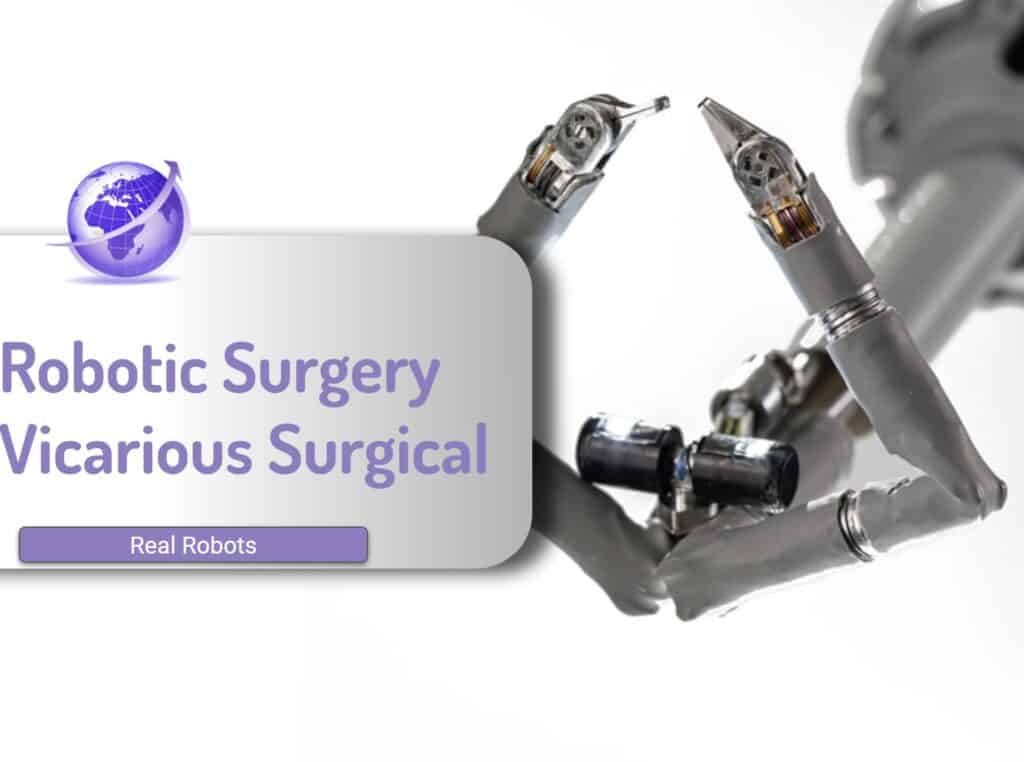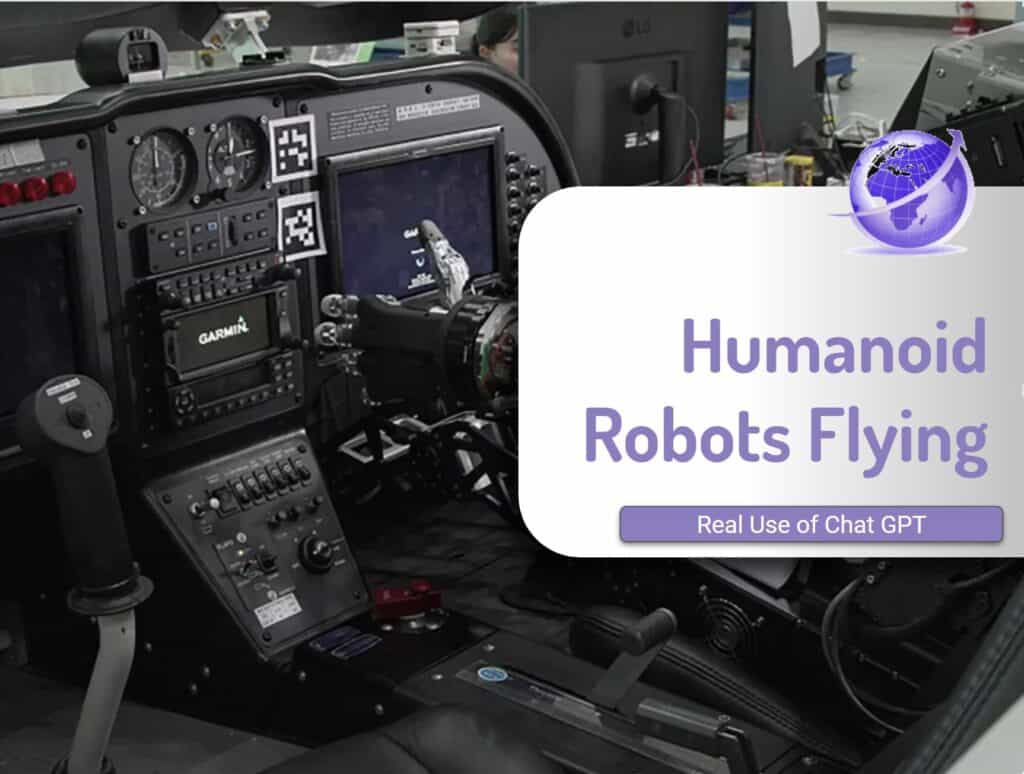Artificial Intelligence (AI) has been a topic of both excitement and concern when it comes to the impact of AI on job creation and disruption. While the effects of AI on employment can vary across different countries and industry sectors, it is important to analyze the trends and potential outcomes.
AI is a disruptive technology that accelerates energy, transportation, robotics, and food production (See Tony Seba 8 technologies, 3 disruptions) or Ark Invest 5 disruptions and 14 technologies.
The International Monetary Fund (IMF) report says that AI may impact nearly 40% of jobs. Interesting insights include:
- In advanced economies, 50% of jobs could benefit from AI integration.
- Only 26% of jobs in low-income countries will likely be affected.
Historically, automation and information technology have tended to affect routine tasks, but one of the things that sets AI apart is its ability to impact high-skilled jobs. As a result, advanced economies face greater risks from AI—but also more opportunities to leverage its benefits—compared with emerging market and developing economies.
IMF AI Will Transform the Global Economy. Let’s Make Sure It Benefits Humanity (2024)

1. Contrast between Countries
The impact of AI on jobs can differ significantly from country to country. Developed countries with advanced technological infrastructure and a skilled workforce are more likely to benefit from AI advancements. These countries can leverage AI to automate routine tasks, enhance productivity, and create new job opportunities in emerging fields such as data science, machine learning, and AI research.
On the other hand, developing countries with limited access to technology and a less skilled workforce may face challenges in adapting to AI-driven changes. They might experience a temporary disruption in certain industries, particularly those heavily reliant on manual labor. However, with proper investment in education and infrastructure, these countries can also benefit from the AI revolution in the long run.
2. Advanced versus Less Advanced Industries
When examining the impact of AI on different industry sectors, it becomes evident that some sectors are more susceptible to job disruption than others.
In the technology sector, AI has the potential to create new job opportunities, particularly in roles such as AI engineers, data analysts, and cybersecurity specialists. The financial services industry can benefit from AI-powered automation, improving efficiency and customer experience, while still requiring human expertise in areas like risk management and strategic decision-making.
In contrast, industries such as manufacturing and hospitality may experience job displacement due to increased automation. However, it is important to note that AI can also create new roles in these sectors, such as maintenance and programming of AI-driven systems.
3. The Future Outlook
The impact of AI on jobs is not a one-size-fits-all scenario. While some jobs may be replaced by AI, new roles will emerge, requiring human skills that complement AI capabilities. Adaptation and upskilling will be crucial for individuals to remain relevant in the job market.
Governments and organizations should focus on providing education and training programs that equip individuals with the necessary skills to thrive in an AI-driven economy. Collaboration between industries, academia, and policymakers is essential to ensure a smooth transition and minimize any negative consequences of job disruption.

In conclusion, the impact of AI on job creation and disruption varies across countries and industry sectors. While there may be short-term challenges, the long-term benefits of AI adoption can outweigh the initial disruptions. A proactive approach that focuses on education, upskilling, and collaboration will be vital in maximizing the positive impact of AI on the global workforce.
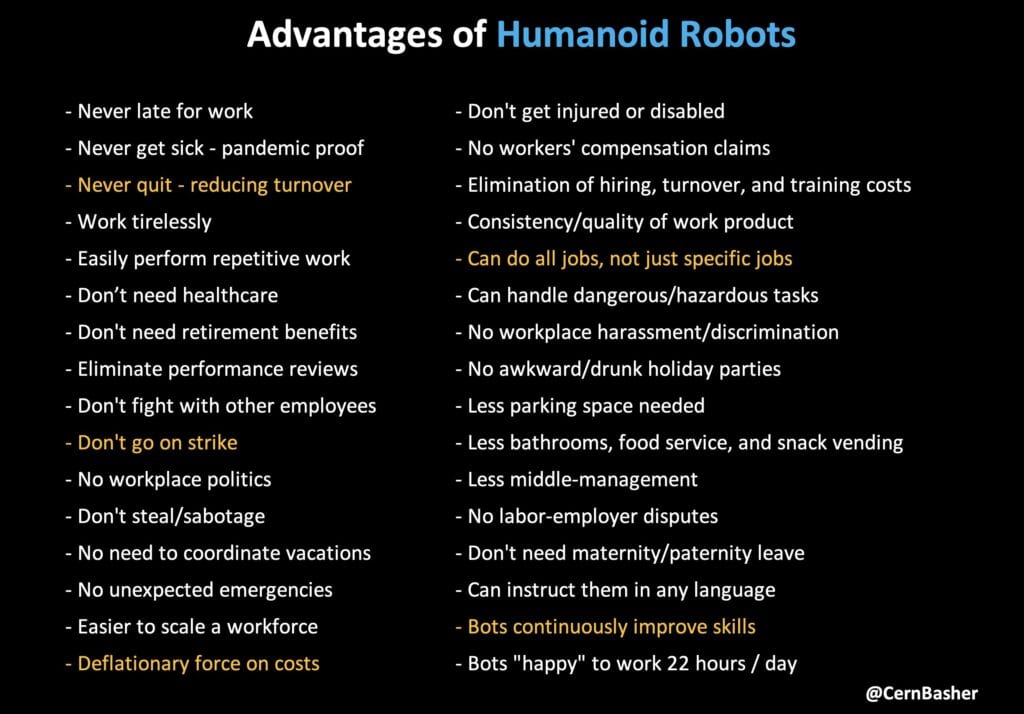
More Reading
- IMF Blog AI Will Transform the Global Economy. Let’s Make Sure It Benefits Humanity 2024. https://www.imf.org/en/Blogs/Articles/2024/01/14/ai-will-transform-the-global-economy-lets-make-sure-it-benefits-humanity
- Gen-AI: Artificial Intelligence and the Future of Work 2024. Mauro Cazzaniga ; Florence Jaumotte ; Longji Li ; Giovanni Melina ; Augustus J Panton ; Carlo Pizzinelli ; Emma J Rockall ; Marina Mendes Tavares (Staff Discussion Note 2024/01 – Link)
- Generative AI at Work Erik Brynjolfsson, Danielle Li & Lindsey R. Raymond 2023 https://www.nber.org/system/files/working_papers/w31161/w31161.pdf Study of call centre agents productivity pre and post implementation of AI in call centre environment.


